Morningstar Ranch
![]()
Sebastopol, California, USA
Back to the Land / Open Land
Free Love
Communal
1964 - 1973
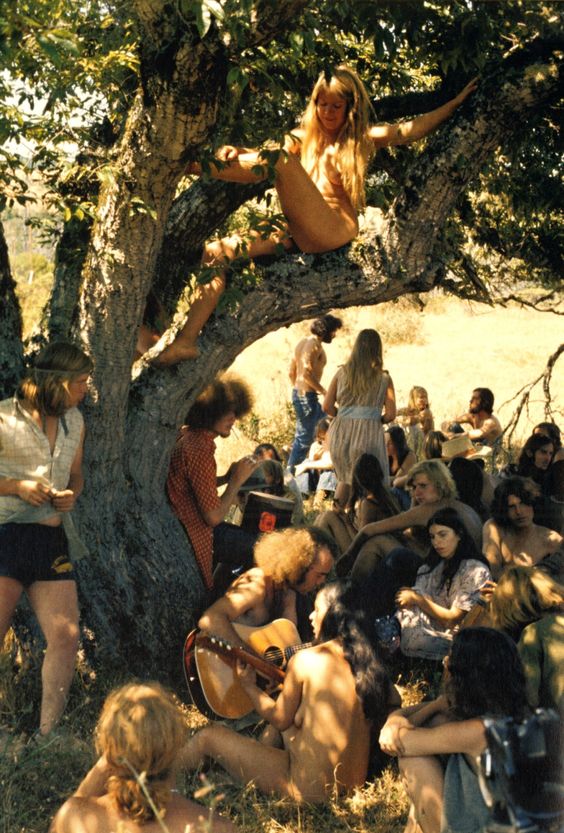
Sebastopol, California, USA
Back to the Land / Open Land
Free Love
Communal
1964 - 1973
1 Gruesome Gulch (always unpassable) 2 Water Tank 3 Craft Shop 4 Front Gate 5 Greenhouse 6 The Knoll 7 Old Studio 8 Octogon House 9 Steam Bath 10 Barn 11 Community Garden 12 Snake Pit 13 Karma Korner
![1971 Map of Morningstar Ranch Plan: Drawn from a map in Open Land: A Manifesto Vol. 2]()
Morningstar Ranch was an open land, counterculture commune located an hour north of San Francisco. Founded by the folk singer Lou Gottlieb and Ramon Sender, who had spent time with the Bruderhof, the 31-acre ranch was home to over 100 people practicing “voluntary primitivism,” free love, and organic farming. “Dope, nudity, uninhibited sex, sanitation and building code violations caused a crisis in the rural neighborhood and brought the county officials out in force. But the significance of these issues were and still are revolutionary as they question basic American assumptions about private ownership of land, exclusive relationships between people as well as ‘what to do with the shit.” The architecture of Morning Star, and the open land communes to follow, were self-built, made of found materials, and ad hoc. Teepees, yurts, log cabins, geodesic domes, and rude lean-tos dotted the landscape. Beginning in 1967, local authorities began sending cease and desist orders, citing unsafe and unsanitary living conditions, fining Gottlieb for health code violations, and finalizing bulldozing the settlement in 1971.
Gottleib deeded his land to God and moved to India. This opened up a legal case that went all the way to the Supreme Court. The court found that the deeding of land to a higher power was impossible–who would pay the taxes? The collapse of Morningstar launched a thousand other communes, like the seeds of a Dandelion. Its influence lives on at Twin Oaks, The Farm, and innumerable other rural communes around the world.

Morningstar Ranch was an open land, counterculture commune located an hour north of San Francisco. Founded by the folk singer Lou Gottlieb and Ramon Sender, who had spent time with the Bruderhof, the 31-acre ranch was home to over 100 people practicing “voluntary primitivism,” free love, and organic farming. “Dope, nudity, uninhibited sex, sanitation and building code violations caused a crisis in the rural neighborhood and brought the county officials out in force. But the significance of these issues were and still are revolutionary as they question basic American assumptions about private ownership of land, exclusive relationships between people as well as ‘what to do with the shit.” The architecture of Morning Star, and the open land communes to follow, were self-built, made of found materials, and ad hoc. Teepees, yurts, log cabins, geodesic domes, and rude lean-tos dotted the landscape. Beginning in 1967, local authorities began sending cease and desist orders, citing unsafe and unsanitary living conditions, fining Gottlieb for health code violations, and finalizing bulldozing the settlement in 1971.
Gottleib deeded his land to God and moved to India. This opened up a legal case that went all the way to the Supreme Court. The court found that the deeding of land to a higher power was impossible–who would pay the taxes? The collapse of Morningstar launched a thousand other communes, like the seeds of a Dandelion. Its influence lives on at Twin Oaks, The Farm, and innumerable other rural communes around the world.
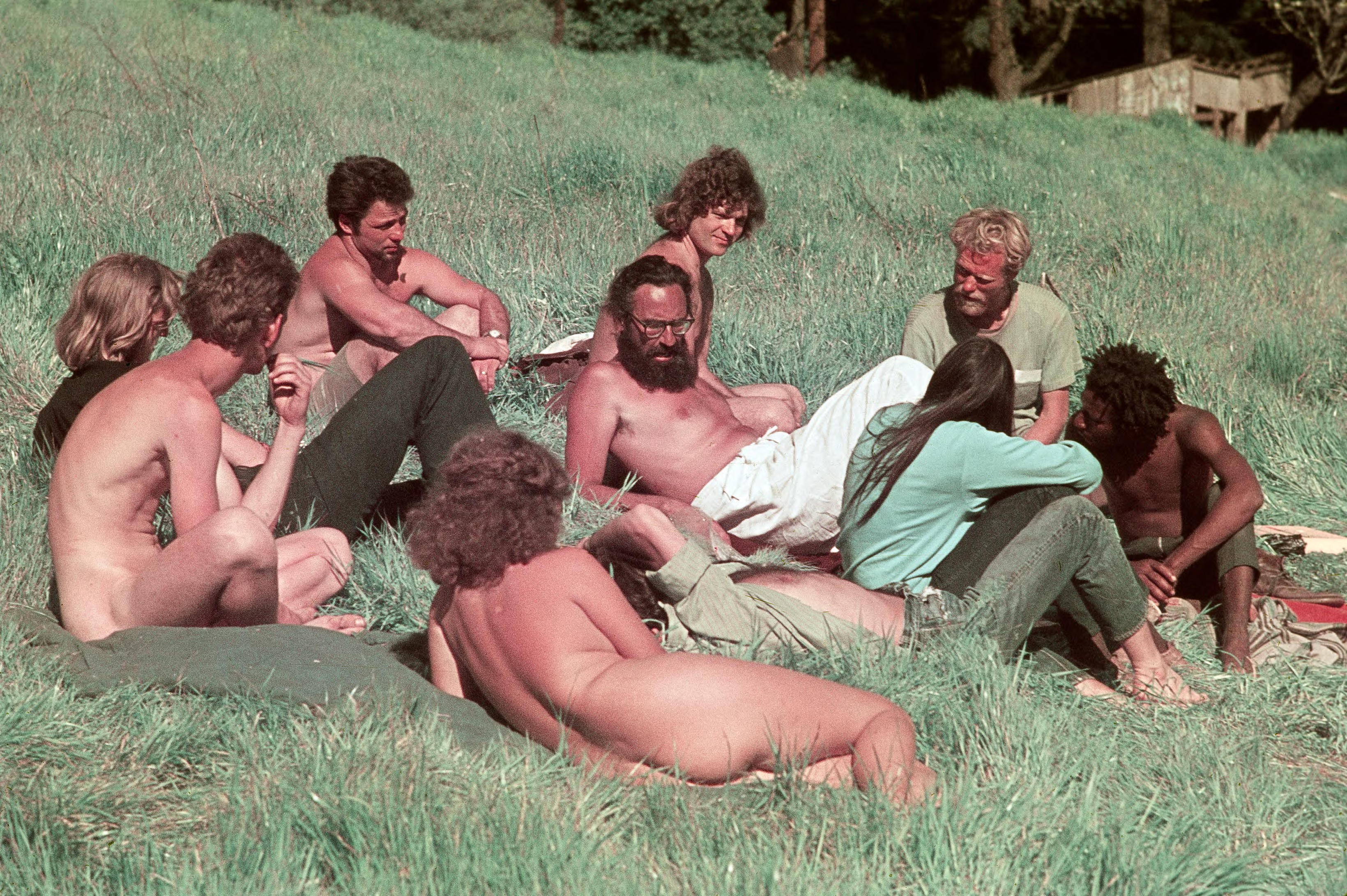
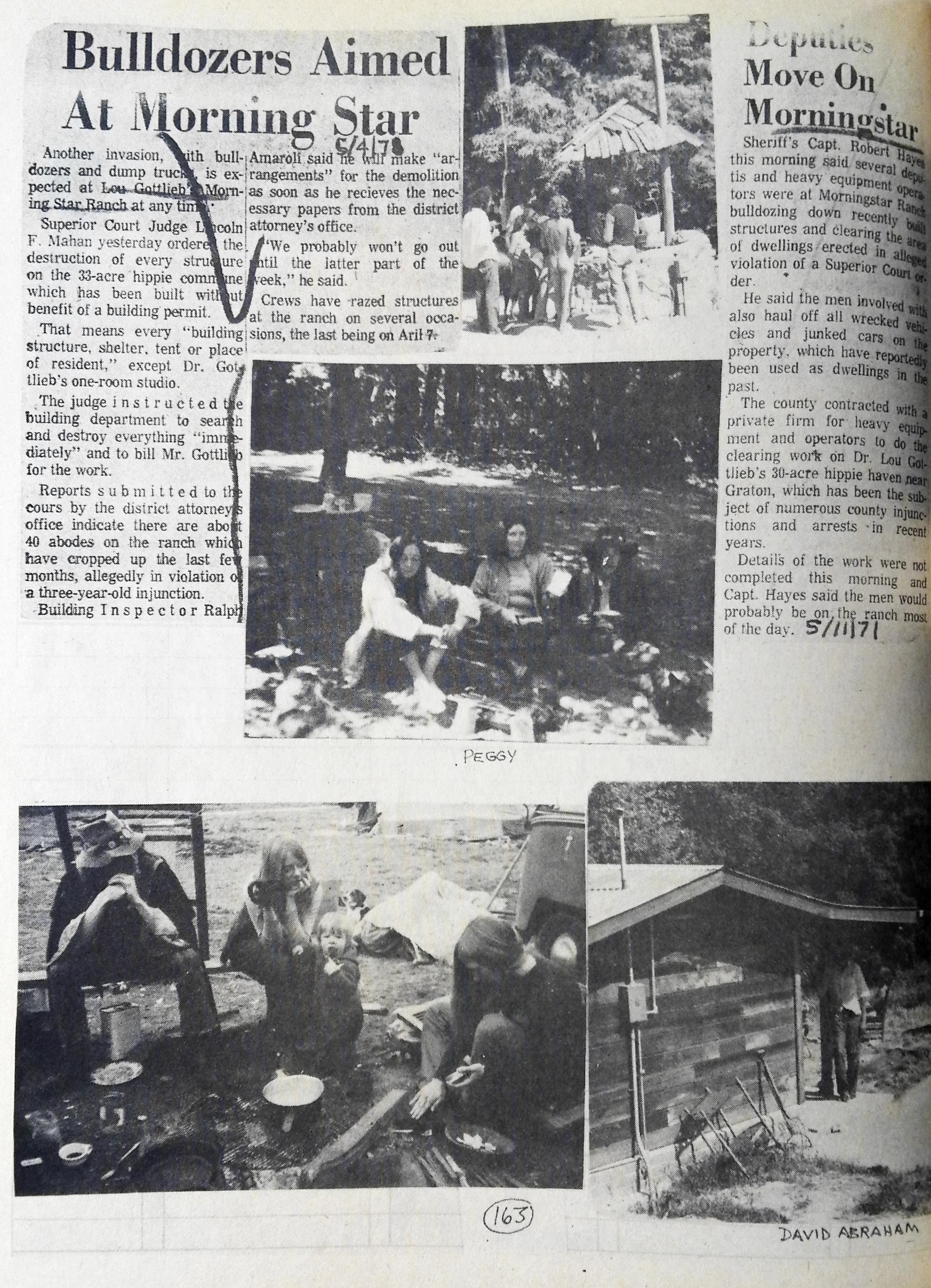
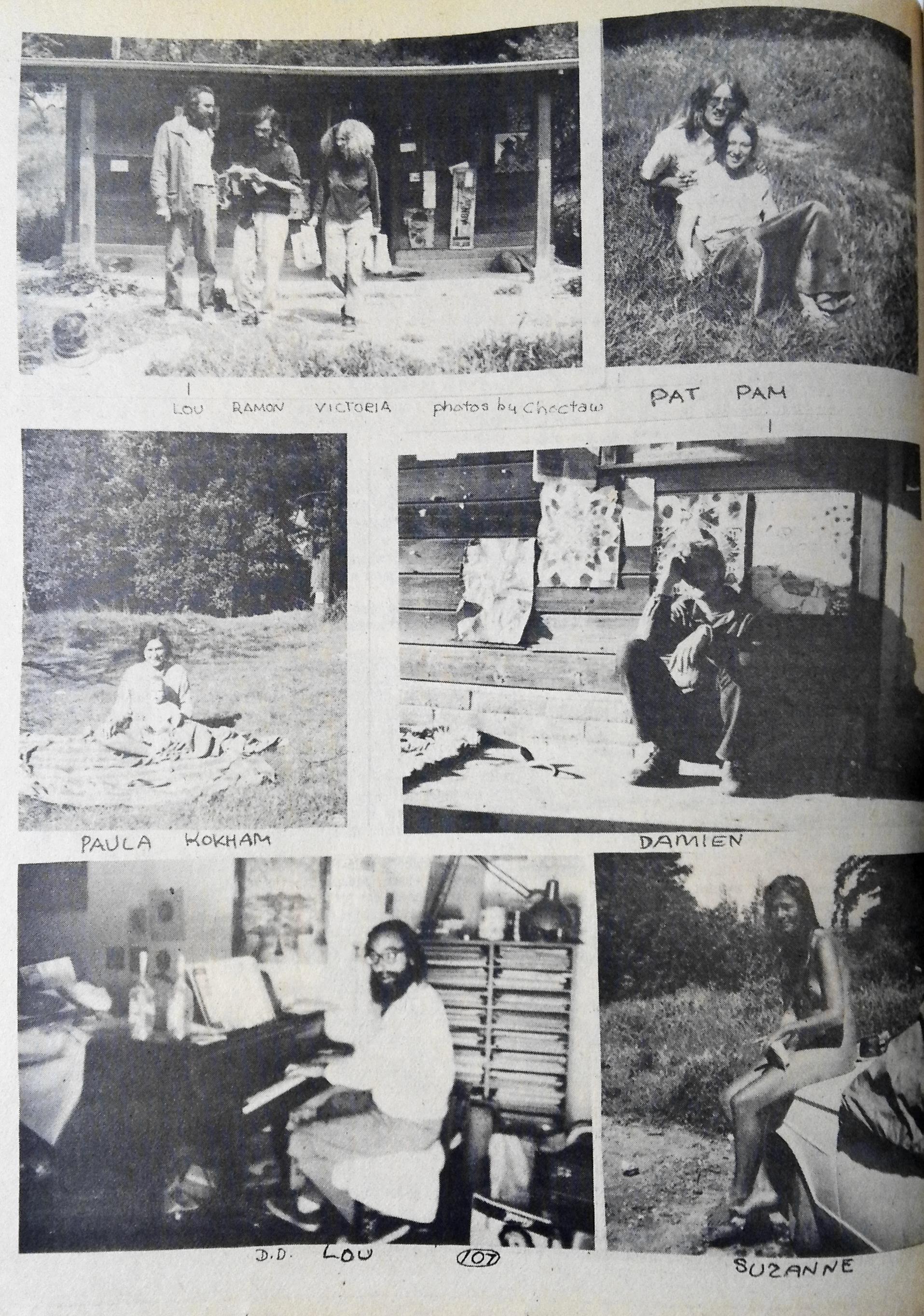
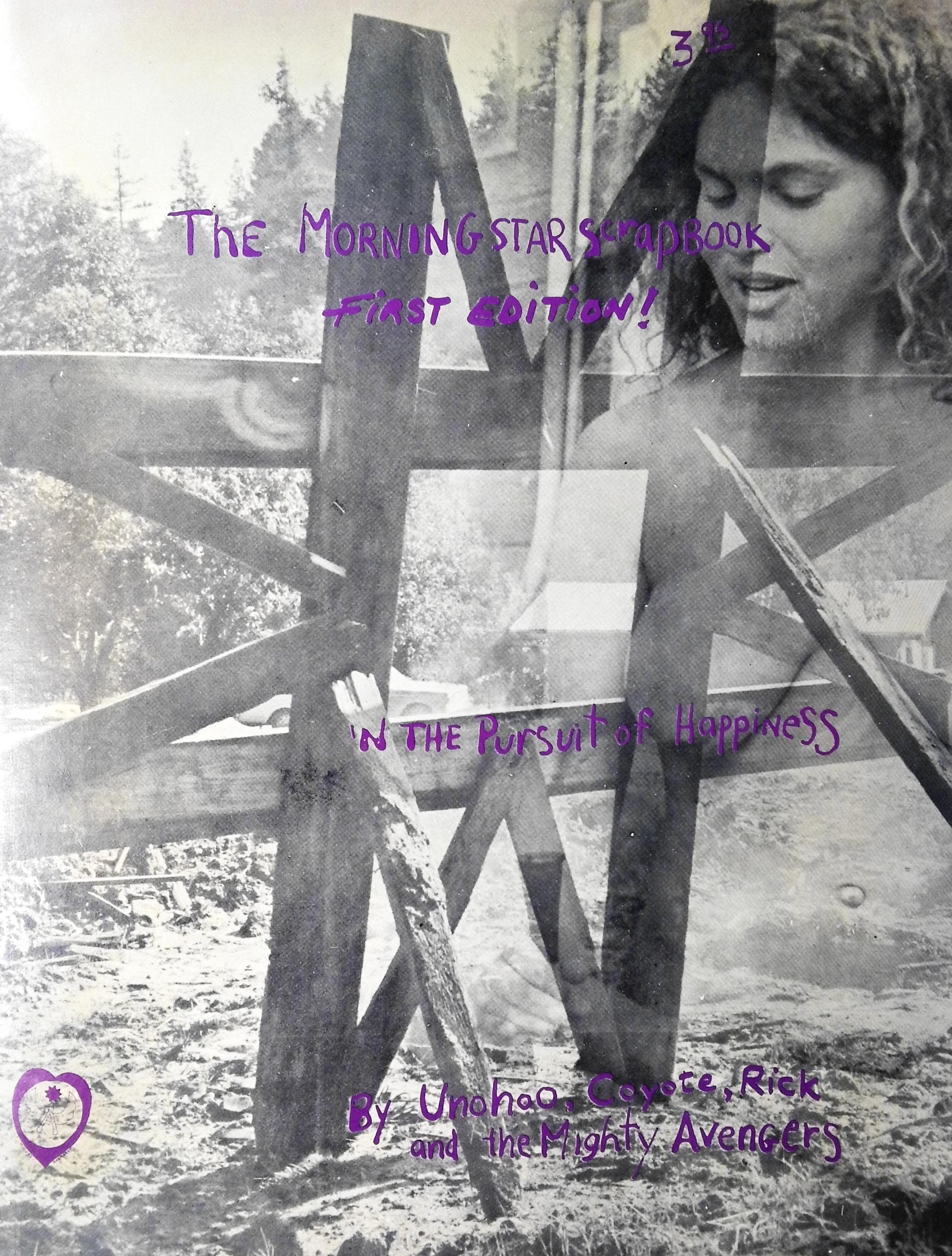



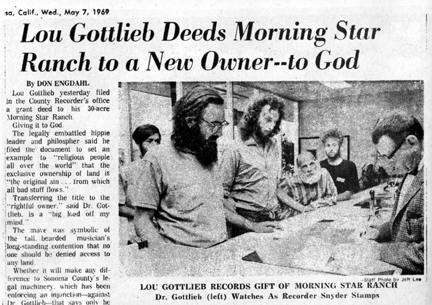
mper ex
In porttitor pellentesque sapien